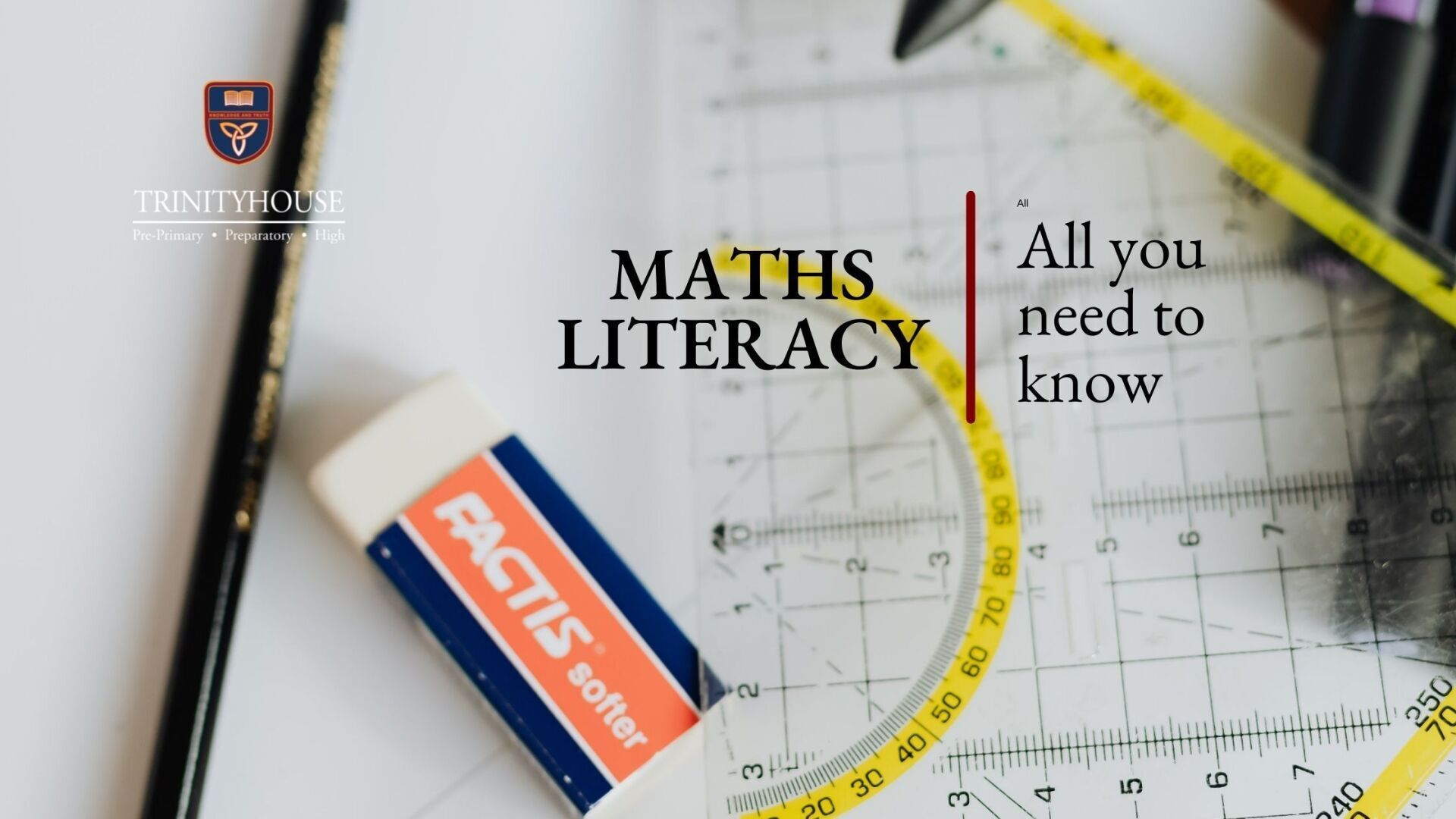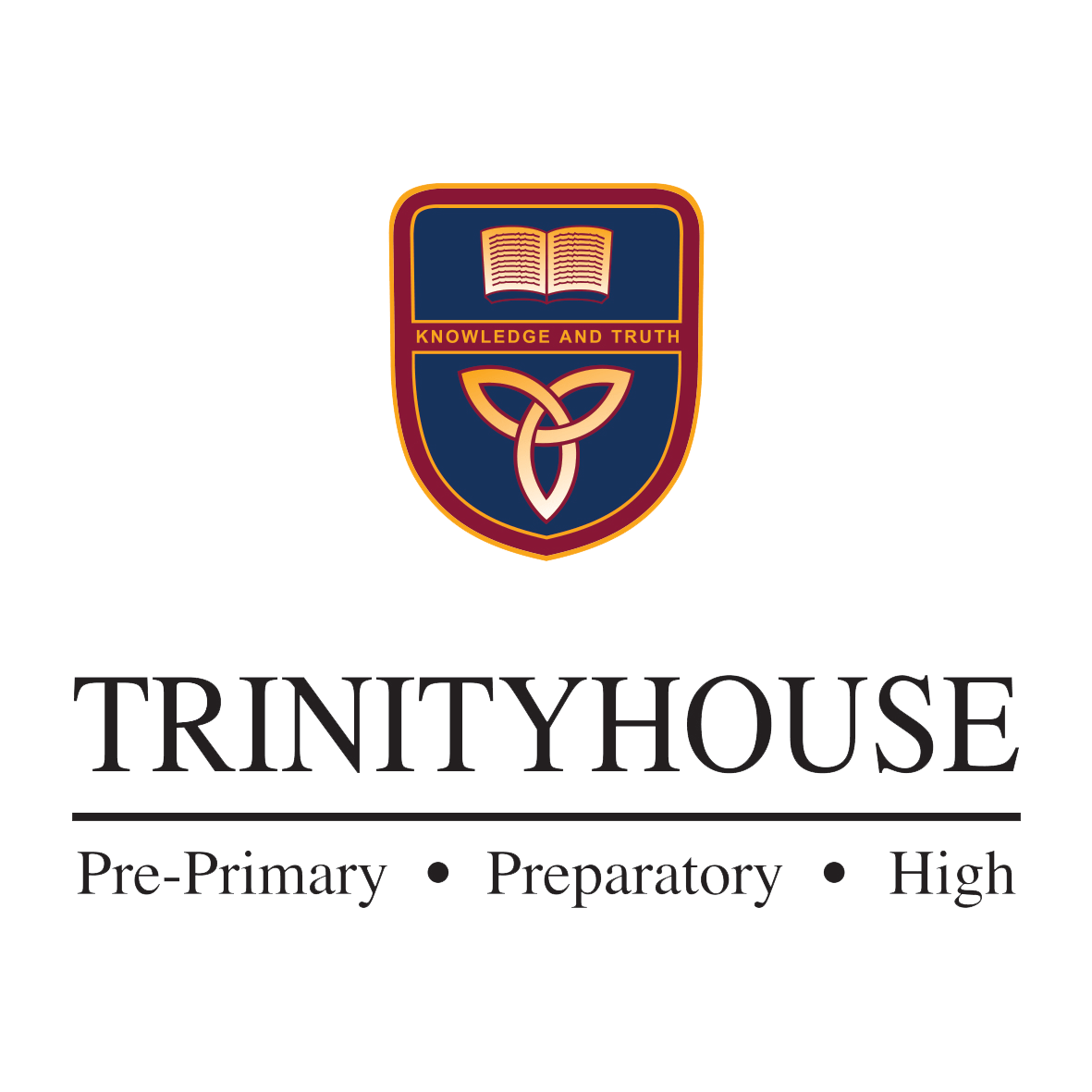Helping your child make smart subject choices: a guide for South African parents
One of the most significant academic decisions your child will make in their school career is which subjects to select. For many South African families, it can feel like a daunting task filled with pressure, uncertainty, and long-term consequences. But with the right support, tools, and guidance, parents can help their children make well-informed decisions that set them up for future success, both academically and professionally.
The foundation of good subject choices lies in understanding your child’s academic ability and current performance. Subjects like Mathematics, Physical Sciences, and Accounting require solid results in Grade 9 and a strong grasp of key concepts. Similarly, subjects like Engineering Graphics & Design (EGD) or Visual Arts cater to students with practical and creative aptitudes. Consider your child’s learning style: do they prefer theory, or do they thrive with hands-on learning?
Although, it is normal to want what’s best for your child’s future, you should not force them to live up to your ideal of success. Rather initiate conversations about possible careers or areas of interest and explore how different subjects align with those pathways. Platforms like YENZA Careers are incredibly helpful in this regard. YENZA uses psychometric assessments to offer realistic subject recommendations based on your child’s strengths, interests, and potential career matches, and it gives parents access to the results too.
“Choosing the right subjects is a balance of academic ability, interest, and long-term thinking,” says Sumari Purdon, Head of Academics for Trinityhouse Schools. “We encourage families to use this opportunity to start meaningful conversations about the future, with support from tools like YENZA and input from educators who know the student well.”

There are many misconceptions around subject selection. For instance, Mathematical Literacy is often seen as a “lesser” subject, yet it’s a valuable choice for many careers in law, humanities, and business. Likewise, not every science-related career requires Physical Sciences. Understanding what specific tertiary programmes require is more important than following assumptions or outdated advice.
Another myth is that taking more subjects automatically boosts university admission chances. In truth, only your top six subjects (excluding Life Orientation) count toward your APS score. It’s far better to excel in fewer, well-matched subjects than to struggle with unnecessary extras.
While your child’s interest in a subject is key, as enjoyment often leads to motivation and perseverance, it must be balanced with academic reality. For example, Mathematics is best suited for students achieving above 55% in Grade 9 Mathematics, while Physical Sciences typically requires over 60% in both Mathematics and Natural Sciences. Choosing a subject simply because your child “likes it” could lead to frustration if they don’t have the foundational skills to succeed.
Again, this is where YENZA proves its worth, it bridges the gap between what your child is passionate about and what they’re actually equipped to handle.

Subject changes after Grade 10 are restricted, and it’s nearly impossible to pick up demanding subjects like Physical Sciences or Accounting in Grade 11 if they weren’t taken earlier. Early planning is therefore essential. For those considering international study, subjects like ISC Further Studies Mathematics or English can add global credibility and competitiveness.
As career fields evolve, it’s also worth noting the rise of technology, digital skills, and sustainability subjects. Information Technology, Computer Applications Technology, Geography, and Life Sciences are increasingly relevant in today’s world.
When it comes to choosing a subject, parents are crucial, but they should help, not dictate. Do not force your own tastes on your child or make them relive your school days. Instead, have candid discussions free from bias. Honour their uniqueness and assist them in taking responsibility for their choices. When combined, YENZA and other tools can transform a potentially stressful process into one that empowers.
Selecting subjects in Grade 9 involves more than just checking boxes, it also involves determining a path that aligns with your child’s skills, passions and long-term goals. Early preparation, trustworthy resources like YENZA and encouraging parental participation can help your child make decisions that will boost their confidence now and open doors for them in the future.














